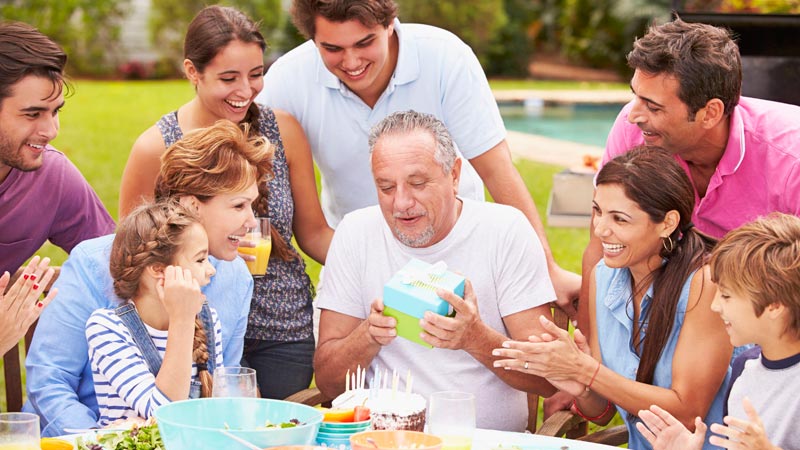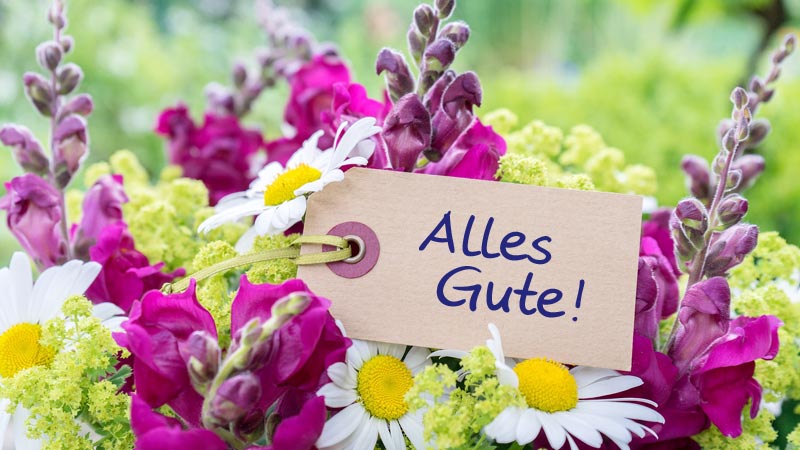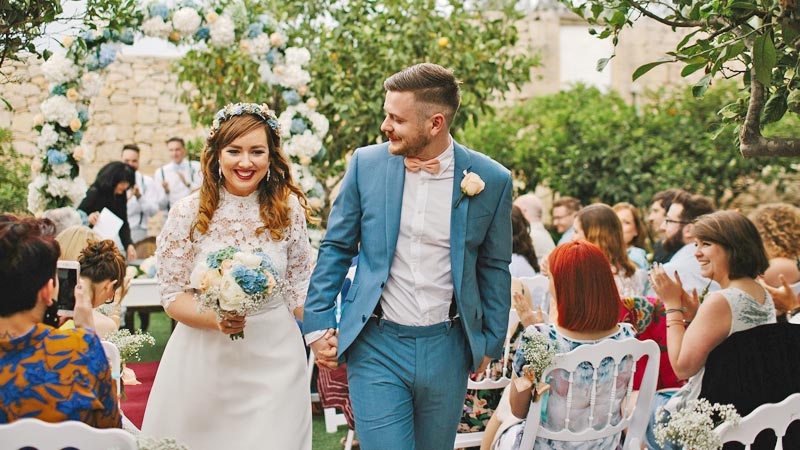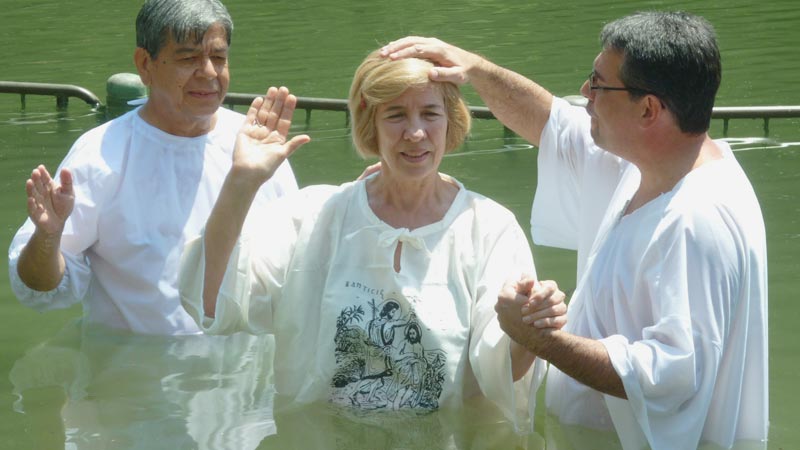Weddings are one of the most important family celebrations in Germany. There’s a German saying that “it’s the nicest day in your life”. For the past 150 years or so, every marriage has to be solemnised and legalised at a registry office. Before that, weddings always took place in churches and even nowadays, many couples do not want to do without a church wedding. As a result, weddings are often celebrated on two different days.
The wedding at the registry office is often celebrated with a small circle of family and friends, specifically the witnesses to the marriage. A church wedding is a festive service with the couple expressing their marriage vows in the presence of God, a pastor or priest and their guests. After receiving God’s blessing, they exchange wedding rings, which are normally worn in Germany on the fourth finger of the right hand as a symbol of the marriage vows.
After the marriage service, there is normally a glass of sparkling wine outside the church for all the guests who take it in turns to congratulate the married couple. This is followed by the wedding celebrations, normally in a restaurant with good food, often with music or dancing, and in many cases with amusing contributions by guests who take this opportunity to show their appreciation for the couple.
For financial or space reasons, married couples will often invite more people to the church service and a glass of sparkling wine than to the subsequent celebrations, which take place with family and close friends. Normally such wedding celebrations will be attended by 50-150 people. Neighbours and friends of the couple will usually bring presents – in many cases wedding cards containing a gift of money.




